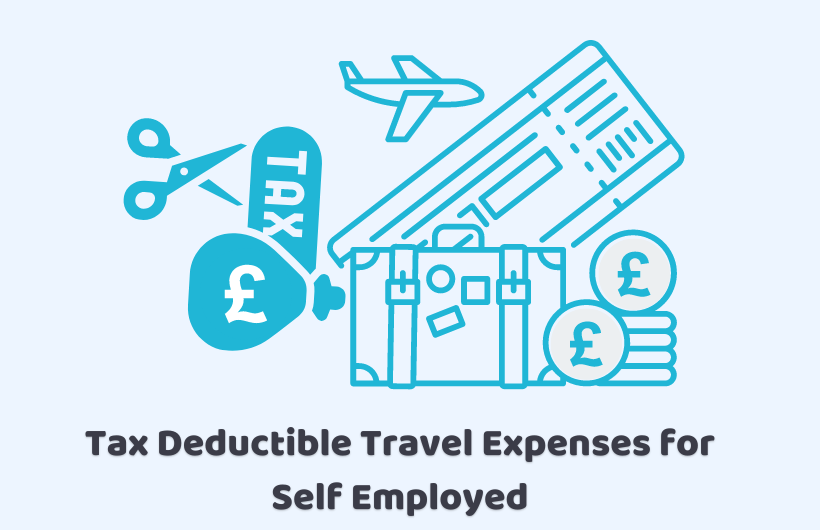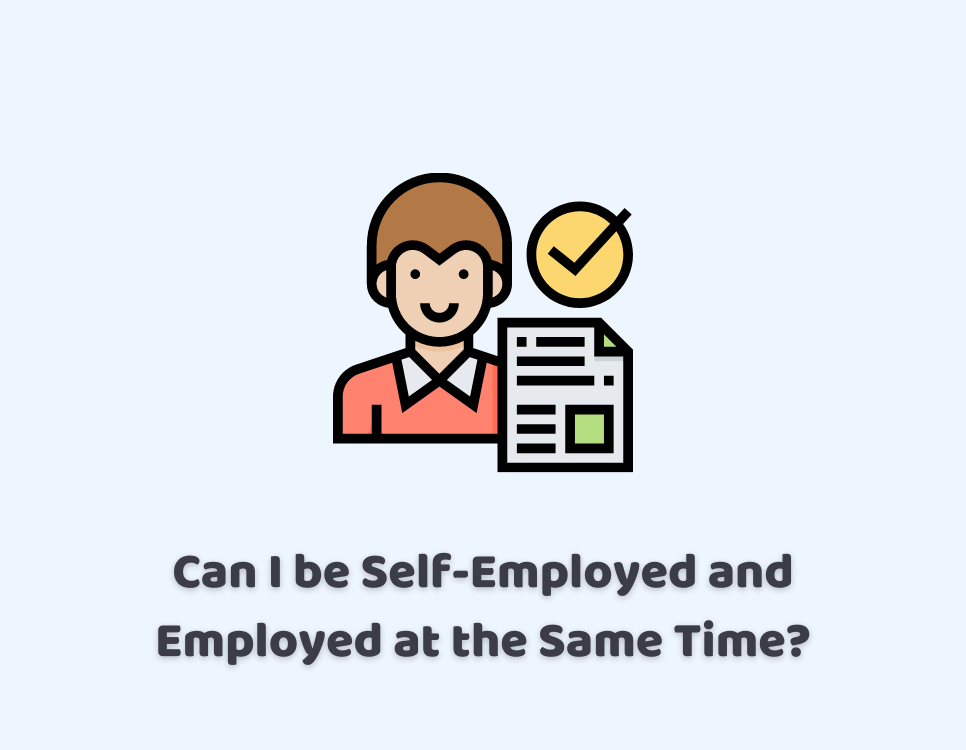30/11/2022tax , Tax Issues , Tax News and Tips , Tax Saving Tips , Taxation
When you claim your travel expenses as a self-employed individual, the first important thing you need to do is identify which travel comes under a specific category. Whether you are self-employed or working with an organisation, the travel that you are covering daily as a commute to your permanent workplace will not be considered an …
Read more

